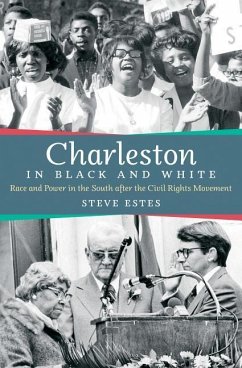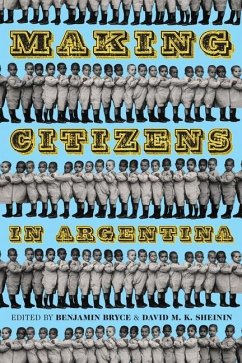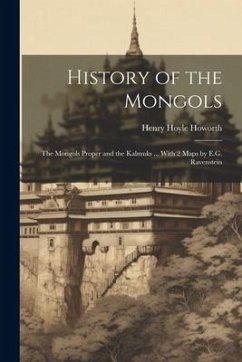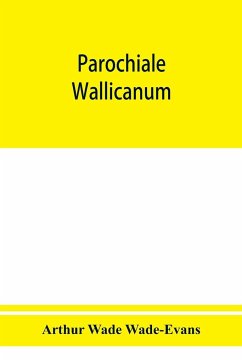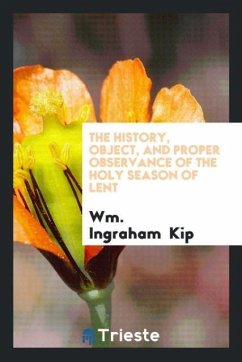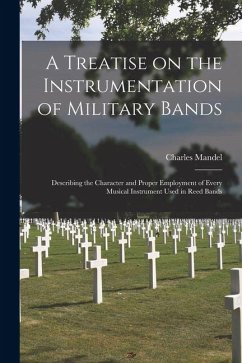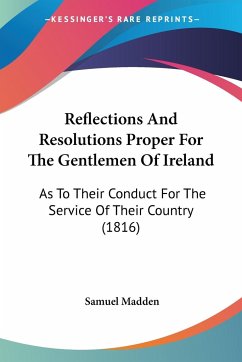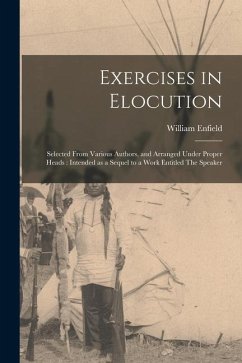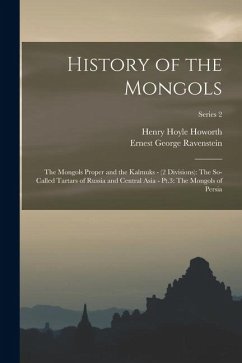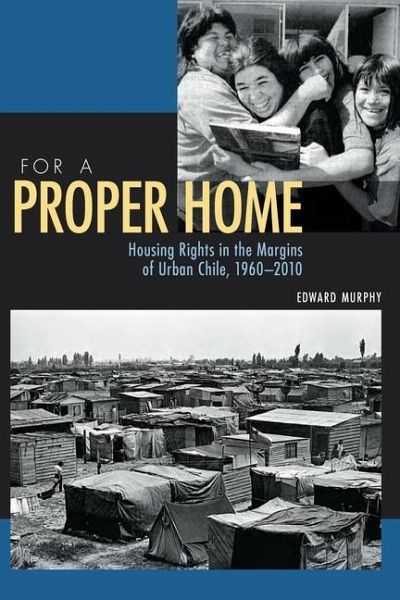
For a Proper Home
Housing Rights in the Margins of Urban Chile, 1960-2010

PAYBACK Punkte
29 °P sammeln!
From 1967 to 1973, a period that culminated in the socialist project of Salvador Allende, nearly 400,000 low-income Chileans illegally seized parcels of land on the outskirts of Santiago. Remarkably, today almost all of these individuals live in homes with property titles. As Edward Murphy shows, this transformation came at a steep price, through an often-violent political and social struggle that continues to this day. > > Citing cultural theorists from Marx to Foucault, Murphy directly links the importance of home ownership and property rights among Santiago's urban poor to definitions of Ch...
From 1967 to 1973, a period that culminated in the socialist project of Salvador Allende, nearly 400,000 low-income Chileans illegally seized parcels of land on the outskirts of Santiago. Remarkably, today almost all of these individuals live in homes with property titles. As Edward Murphy shows, this transformation came at a steep price, through an often-violent political and social struggle that continues to this day. > > Citing cultural theorists from Marx to Foucault, Murphy directly links the importance of home ownership and property rights among Santiago's urban poor to definitions of Chilean citizenship and propriety. He explores how the deeply embedded liberal belief system of individual property ownership has shaped political, social, and physical landscapes in the city. His approach sheds light on the role that social movements and the gendered contours of home life have played in the making of citizenship. It also illuminates processes through which squatters have received legally sanctioned homes of their own, a phenomenon of critical importance in cities throughout much of Latin America and the Global South.




